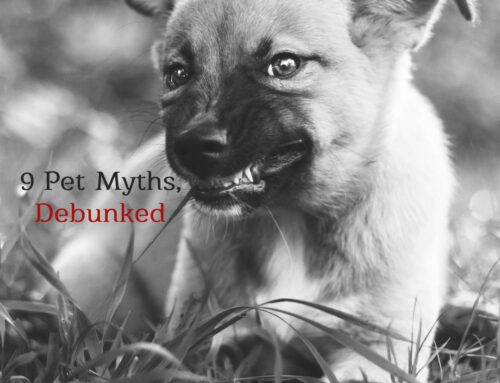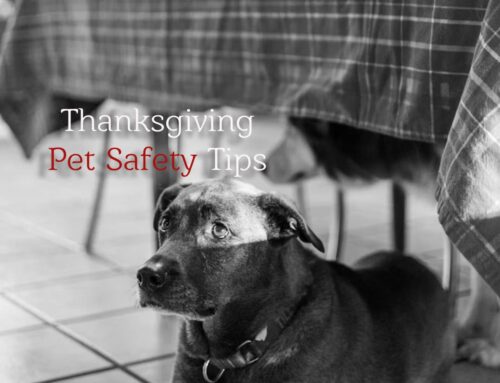In the Chicago area, the start of our long winter season is never exactly a welcome sight. But this year, it’s come earlier than ever.
While we can hope that it will all balance out come spring, the fact is we just have to prepare for the cold weather conditions ahead without knowing how long they’ll last.
An important part of our preparations have to include our beloved pets. As Chicago winter kicks into high gear, weather conditions can become downright dangerous. So, read on to learn what we recommend to keep them safe.
1. Pre-Walk Routine
For dog owners, avoiding outdoor walks isn’t really an option. So if it’s particularly cold and/or snowy outside, get your pup ready by putting on sweaters or coats and booties. If you forego booties, try rubbing a bit of petroleum jelly on their paws to protect from the chemical salting agents people use to melt ice.
Speaking of salt, be sure to only use pet-safe products on your own steps and sidewalks. And, if possible, encourage your neighbors to do the same.
2. Post-Walk Routine
After your walk, take the time to make sure your dog is clean and dry. Gently wipe down their paws to avoid them ingesting things like unsafe salt, anti-freeze and other chemicals that could cause health issues. And use a towel to dry off their fur if they’ve gotten wet from the snow.
3. Fur Coats Rule
Even if you regularly trim down your pet’s long hair, winter is the time to keep it nice and long. This adds extra warmth and insulation that can help protect them from the cold.
4. Elevated Naps
If you’ve ever walked around your home barefoot in the winter, you know that the floor can be pretty cold even when the heat is on. So, make sure your pet has a warm, comfy place to sleep that’s raised off the floor and away from any drafts. In a pinch, it could just mean placing their usual bed on top of a cardboard box or plastic storage bin.
5. Keep them Fed & Hydrated
Animals use up more energy trying to keep warm when it’s cold outside. For that reason, you may want to feed your pets a little bit more than usual in the winter, and always make sure that they always have plenty of water
6. Limit Outdoor Time
If it’s too cold for you to be outside comfortably, then it’s too cold for your pets. They don’t have some special adaptation that makes them more able to withstand freezing temperatures.
So apart from short walks, your dogs and cats should never be left outside on their own for extended periods or they risk hypothermia, frostbite and even death. Furthermore, pets should never be kept in a car alone when it’s cold out.
7. Check Your Car
When it’s chilly outside, stray cats can sometimes seek shelter under your car or in the wheel well. To avoid unintentionally hurting them, take a quick look and bang on the hood before you get going.
8. Avoid Antifreeze
Antifreeze is very handy for cars in winter, but deadly for pets. Because it has a sweet taste, it can be tempting for them to lick. So if you keep the stuff in your home or garage, make sure it’s kept in a secure place your pets can’t access. And if you happen to spill even a drop while filling your car, clean it up right away.
9. Act Quickly
It’s important to know and recognize the symptoms of hypothermia and frostbite in your pets. Symptoms include lethargy, shivering, weakness, low heart rate, difficulty breathing, and fixed dilated pupils. Keep in mind that very young, old or sick pets are even more susceptible to these conditions.
If you ever believe that your pet may be in danger from exposure to cold weather, don’t hesitate to act. And if it’s outside your normal veterinarian’s normal hours, head directly to the emergency veterinarian closest to you.
We hope that you thoroughly enjoy the winter with your friends, family and furry loved ones. Stay cozy, warm, comfy and safe.







